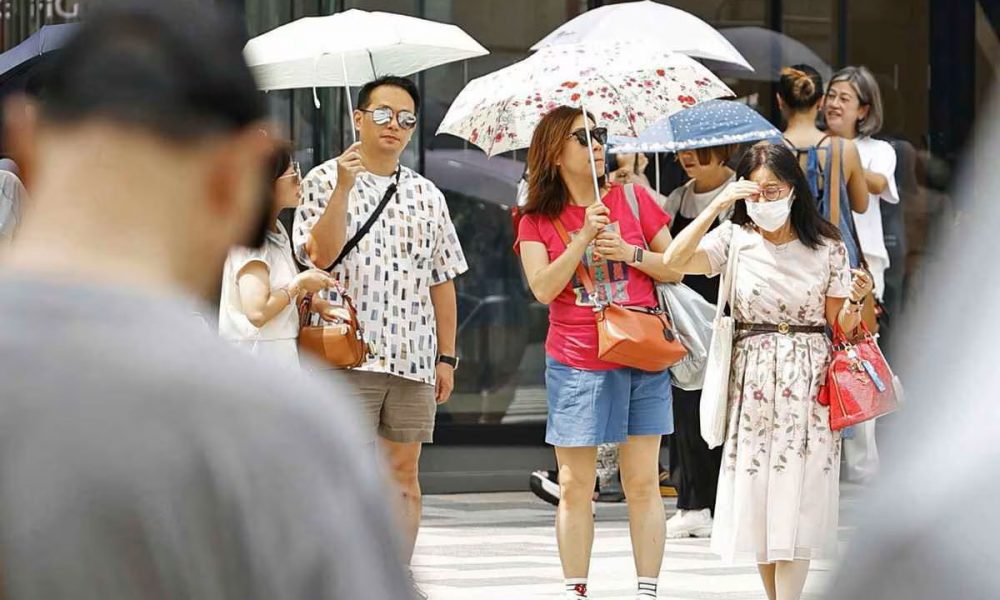

With forecasts for extreme heat nationwide as summer arrives, it is irresponsible to put lives at risk by keeping safe nuclear power plants offline.

Niigata's Governor Hideyo Hanazumi has yet to approve the Kashiwazaki-Kariwa nuclear plant's restart, putting at risk energy security at the national level.

The Japan Teachers' Union undermines the nation — and our children's future — when it encourages members to teach falsehoods, even China's propaganda line.

"It is important to continue providing accurate explanations" to correct misconceptions about Fukushima, says University of Tokyo Professor Naoya Sekiya.

The Kashiwazaki-Kariwa Nuclear Power Station would have contributed to Japan's stable energy supply. But the NRA only lifted the ban after nearly three years.

Disinformation is spreading on Chinese and Taiwanese social media about Fukushima's treated water release, including an AI-generated image of a mutant lobster.

The Kashiwazaki-Kariwa power station restart, a key toward the dual goals of energy security and decarbonization is now strengthening counterterrorism measures.

New testing by the IAEA involves laboratories from Canada, China, and South Korea, aiming to settle remaining concerns about Fukushima's treated water release.

TEPCO's team is raising flounder in treated water and its tests confirm the tritium stays well below international standards without accumulating in the fish.


At the International Atomic Energy Agency's annual meet, China called Japan’s treated water discharge “nuclear-contaminated.” No countries backed its position.
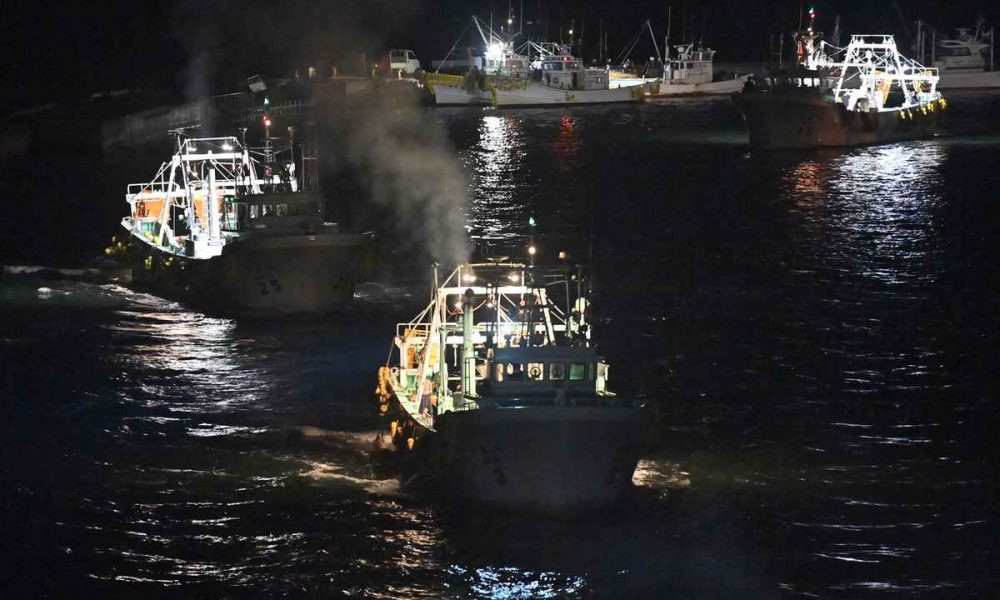
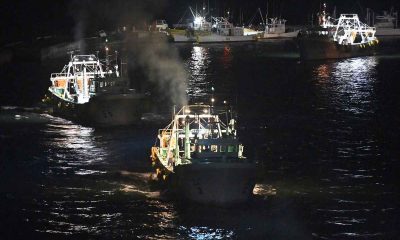

Japan can help its fishing industry become a powerhouse again by boosting domestic consumption and developing new sales channels overseas other than China.



Its hypocrisy over the Fukushima water release is an example of how China uses a colossal information warfare network to advance its technology-enabled tyranny.